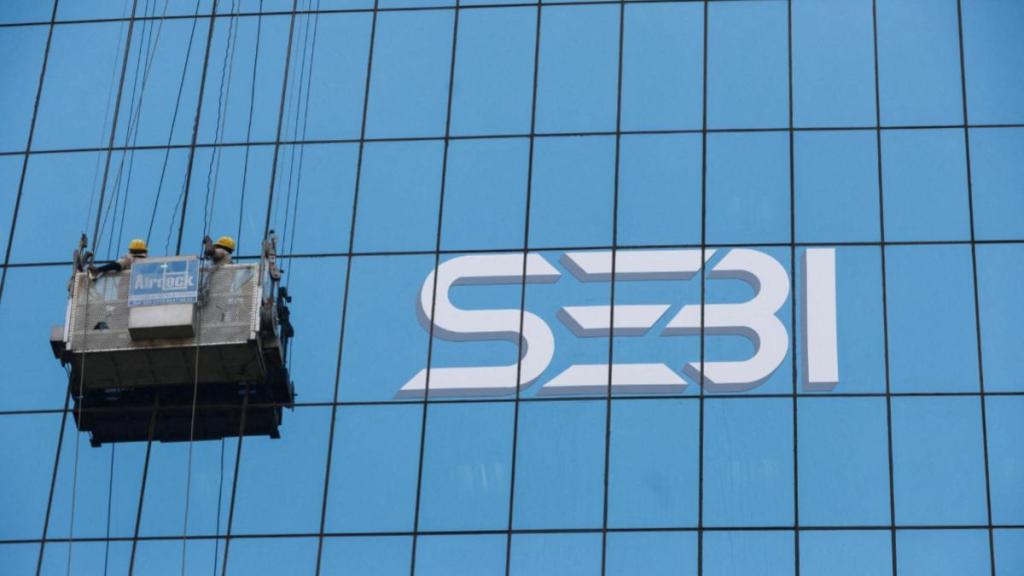By Rachit Munjal
The Securities & Exchange Board of India (SEBI) has released a Consultation Paper titled ‘Faster Rights Issue with Flexibility of Allotment to Selective Investors’ proposing a more flexible and expeditious rights issue framework. The aim is to streamline the allocation of securities through rights issues and emulate preferential issues by way of proposed amendments to the Securities and Exchange Board of India (Issue of Capital and Disclosure Requirements) Regulations, 2018 (SEBI ICDR Regulations).
Among other propositions, the paper stipulates the elimination of merchant bankers, reduction of timelines, and allowing allotment to selective investors.
The market regulator has outlined in the paper that since there is no necessity to file an offer document in compliance with Part B or Part B – 1, Schedule VI of the SEBI ICDR regulations, preferential issues for instance, among other rights issues, are favourably chosen mode for issuers to acquire additional capital from the primary market. However, eliminating the involvement of merchant bankers, shortening the timeline, and allowing allotment to selective investors, might be a pipe dream, unfortunately.
Also read: Sebi comes down hard on RIAs giving trading calls
In a rights issue, the primary responsibility for exercising due diligence is on merchant bankers, who have to examine a variety of documents to make sure that the issuer is fulfilling its obligations in compliance with SEBI ICDR Regulations to enable the investors to make well-informed decisions. The paper proposes to do away with the requirement of appointment of merchant bankers for the issuer to undertake a rights issue, the reason being, with the proposal to make the offer document simplified, no requirement of detailed due diligence remains.
The paper also suggests designating other marking intermediaries, such as the issuer, the registrar of the issue, and stock exchanges, to handle the functions carried out by merchant bankers under the existing framework. This and other proposals are meant to reduce the indicative timeline for rights issues to T + 20 working days from the date of the board meeting approving such rights issue till the date of closure of the right issue and T + 3 working days from the closure of rights issue till the date of listing of such specified securities. Moreover, regardless of the size of the right issue, SEBI proposes to apply the SEBI ICDR Regulations and appoint a monitoring agency to all rights issues.
The present regime limits promoters’ ability to renounce their rights other than those within the promoter group, if the issue does not meet the minimum subscription threshold or in fast-track rights issues in compliance with Regulation 99 of SEBI ICDR Regulations.
The paper relaxes the limitations on the renunciation of the rights entitlements of promoter and promoter groups by allowing some selective investors as shareholders in the issuer entity. However, such selective investors won’t have the option to back out once the application is made by them. The allocation of the unsubscribed portions at the discretion of the issuer would likewise necessitate an upfront disclosure. Such renunciation would have to be mandatorily publicized in at least one English national daily newspaper, one Hindi national daily newspaper, and one regional language daily newspaper with wide circulation at least two days before the issue opening date.
It may be noted that the proposal of application of SEBI ICDR Regulations to all the rights issues irrespective of the issue size may not be welcomed by the small and medium enterprises issuers looking to bring smaller rights issues. Further, the suggested disclosures in the offer document still warrant to include risk factors material to the issuer and its business.
Disclosure of risk factors without a detailed due diligence exercise by the merchant banker may result in a lapse in disclosures by the issuer compelling the regulator to take actions separately. It is also anticipated that large selective investors may demand detailed due diligence of the issuer before making any investment decisions, which may result in their starting due diligence even before the board resolution for the rights issue is passed. The promoters may use the placement to selective investors to allot the securities without the shareholders’ approval that is required for a preferential issue.
While the regulator’s intent remains true, the approach appears to be off the mark. Liberalising the rules and enabling issuers to have faster access to additional capital through ‘faster rights issue’ may result in increased rights issues by the issuers along with the decreased ability of the investors to make well-informed decision.
(The author is a Capital Markets lawyer at SNG and Partners. Views are the author’s own and not necessarily those of financialexpress.com)


